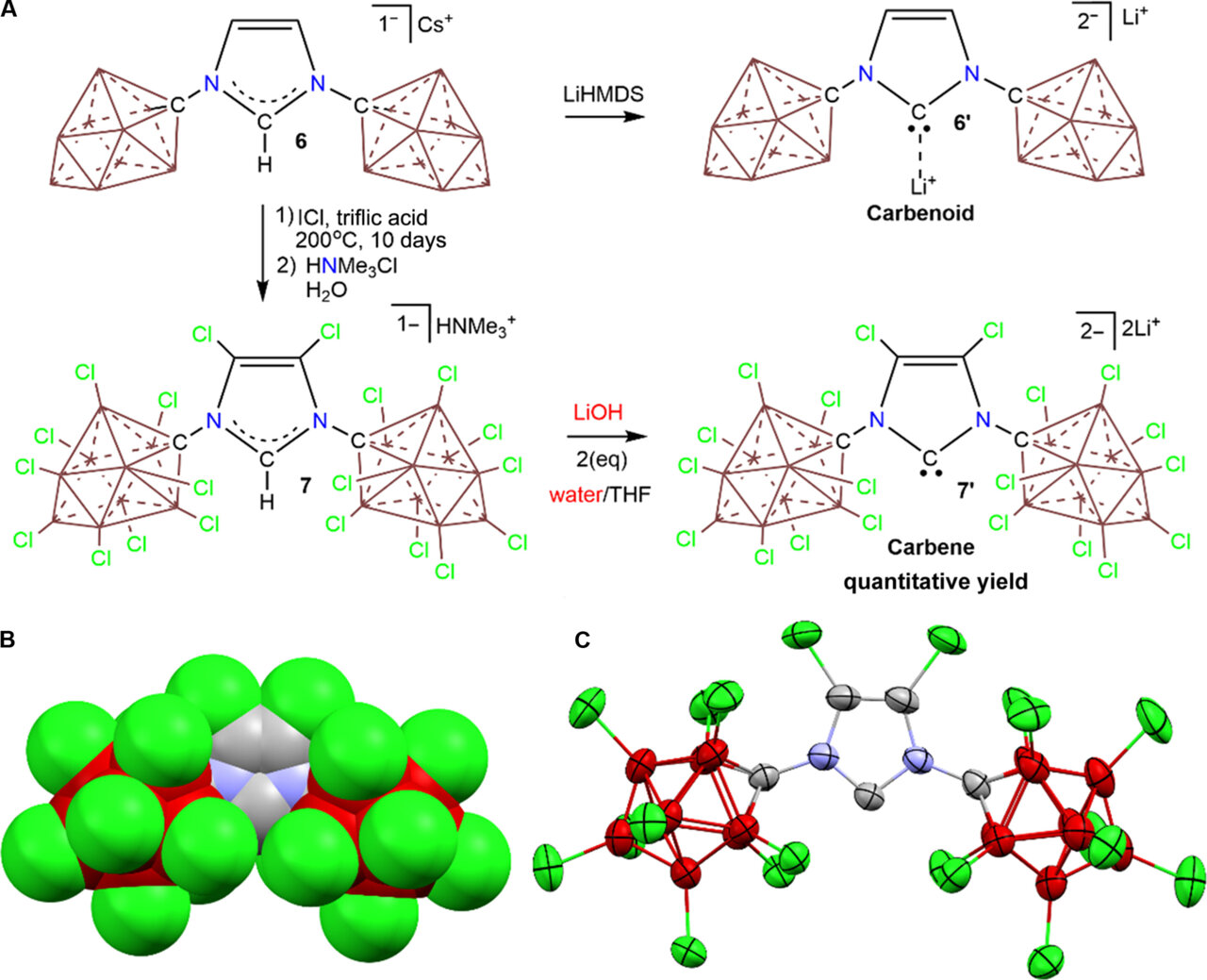
Beyond Binary: How Cells Reveal a Molecular Love Story of Identity
In the realm of scientific research, a troubling trend is emerging: sex-based biological studies are facing increasing challenges, with funding cuts and censorship threatening to silence critical investigations into fundamental differences between males and females. What many fail to recognize is that sex differences are not merely skin deep—they are encoded at the most fundamental level of human biology: our cells. Every cell in a male or female body carries intrinsic genetic and molecular variations that profoundly impact health, disease progression, and medical treatment. Despite this biological reality, contemporary academic and research environments are increasingly hostile to exploring these nuanced differences. Researchers who dare to investigate sex-based biological variations often find themselves marginalized, their funding sources drying up and their work dismissed as controversial. This suppression of scientific inquiry is not just an academic issue—it has real-world consequences. By overlooking cellular and genetic sex differences, we risk developing medical treatments and research protocols that fail to account for the unique biological characteristics of different sexes. The scientific community must recognize that acknowledging biological differences is not about perpetuating stereotypes, but about understanding human complexity. Rigorous, unbiased research into sex-based biological variations is crucial for advancing personalized medicine, improving diagnostic techniques, and developing more effective treatments. As we move forward, it is imperative that we protect scientific freedom, support comprehensive research, and embrace the intricate biological diversity that makes human beings so remarkable.









